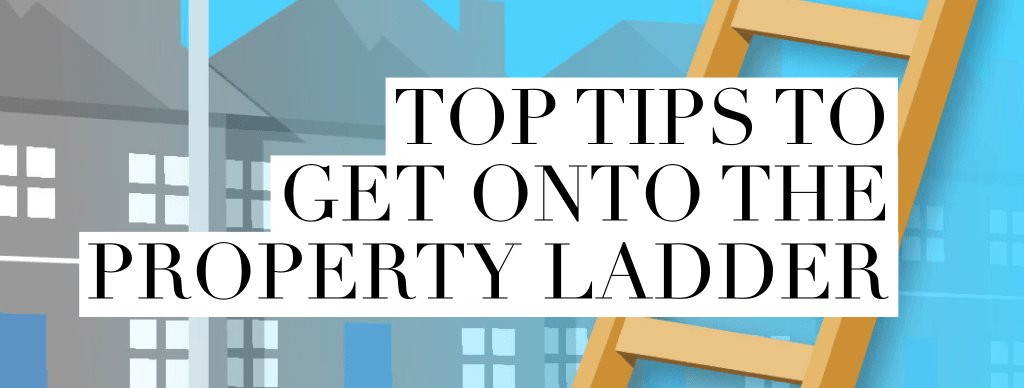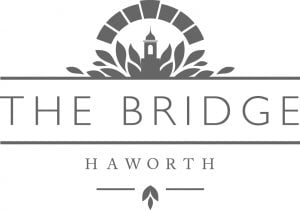
Brought to you by money.co.uk….
Buying a property is one of the biggest financial commitments you ever make. It may seem impossible to save enough for a deposit and be ready to buy a property, but there are things you can do to give yourself the best chance. Here are some top tips to help you get your foot on the property ladder.
Start saving: Saving a deposit to put down on a property is hard in the current economic climate so the earlier you start the better. Before you even begin looking at properties you want to buy, start saving. If you’re a first-time buyer try to make the most of government backed saving schemes like the Help to Buy or Lifetime ISAs which give you a top up on your savings. Treat saving like paying a bill and put away a set amount every month and the amount will soon add up.
Prep your credit record: Your credit record is something you’ll want to check well in advance. If you haven’t had any credit before or have a poor credit history, you may need to up your score to be in with a chance of being accepted for a mortgage. Use a free online service to check yours. Small changes like making sure you’re on the electoral register and updating your address can make a big difference.
Check how much you could borrow: Before you start looking at properties use a mortgage calculator to find out how much you could borrow. This will help you to narrow down your property search to homes you’re likely to be able to afford. The amount you’ll be able to borrow depends on lots of factors linke your income, whether you are buying on your own or with someone else and your credit rating.
Look around at mortgages: Make sure you shop around for your mortgage, don’t just go directly to your bank or building society as your unlikely to get the best rate. There are different types of mortgages so compare deals and consider talking to a broker or a mortgage advisor about the best option for you.
Work out the overall price: It’s not just mortgage costs that you’ve got to pay. You’ll need to budget for solicitor’s fees, surveys, insurance, mortgage broker charges and any other extras you may need to pay for. You need to make sure you have enough saved for all of this as well as your deposit.

 Open plan living at Elsey Croft, Skipton
Open plan living at Elsey Croft, Skipton

 A modern take on a traditional four bedroom home (an article by Caroline, Director)
A modern take on a traditional four bedroom home (an article by Caroline, Director)


